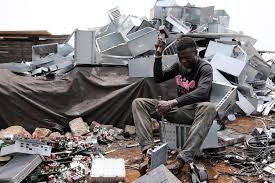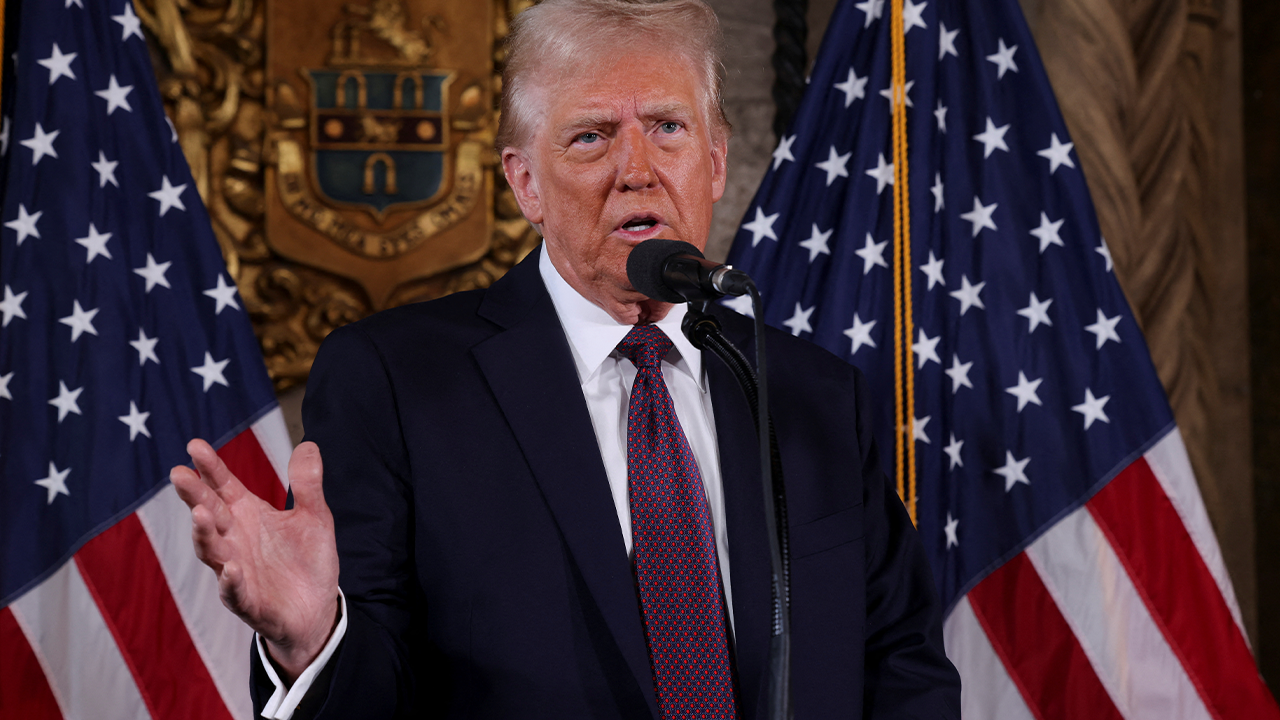
The Ministry of Environment, Science, Technology and Innovation is developing a circular economy approach framework where scrap metals and other waste types will serve as secondary resources for reuse and recycling.
“No matter the source, these recyclable materials should be free of contamination,” Dr Kwaku Afriyie, the Minister of Environment, Science, Technology and Innovation, stated on the floor of Parliament in his response to a question by Mr Yao Gomado, the Member of Parliament (MP) for Akan.
The MP asked the Minister what measures the Ministry was putting in place to stop manufacturers of cooking utensils from using e-waste and old aluminum products other than aluminium ingot.
The Minister said there were large manufacturers of cooking utensils in Ghana that utilizes pure aluminum ingots in their production process.
He noted that this pure aluminium ingot was either sourced directly from Volta Aluminium Company Limited (VALCO) or imported into the country for re-moulding into other products including cooking utensils.
“Our information on other forms of aluminium is from the refining processes where metal scraps from aluminum sheets and cast are separated into the ingots and exported outside the country,” Dr Afriyie said.
“The is a type of aluminium is mostly found on housing of electrical and electronic waste (e-waste) and is not contaminated or considered hazardous.
“They are easily recovered by shredding or dismantling processes and constitute a minute faction of the industrial sources of aluminium ingot exported outside the country.”
He said there was another category of aluminium that was part of the base alloy metals used in the manufacture of electrical and electronic components.
He said the recovery of this aluminium was complex and offers little in terms of its market value compared to other base metals such as copper, nickel and cobalt.
He noted that an audit of the country’s e-waste recycling capacity showed an exported-dominated market for the recovery of some based metals such as copper, cobalt, nickel, real earth metals and some precious metals such as copper, gold and platinum.
He said notwithstanding the situation in the formal sector, there might be isolated cases of contaminated metal scraps including aluminium that were used in the manufacture of cooking utensils in the informal sector or among the local manufacturers.
“However, we don’t have the data to support how widespread the situation may be.”
Follow News Ghana on Google News




















Discussion about this post